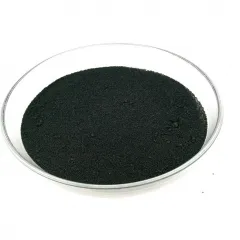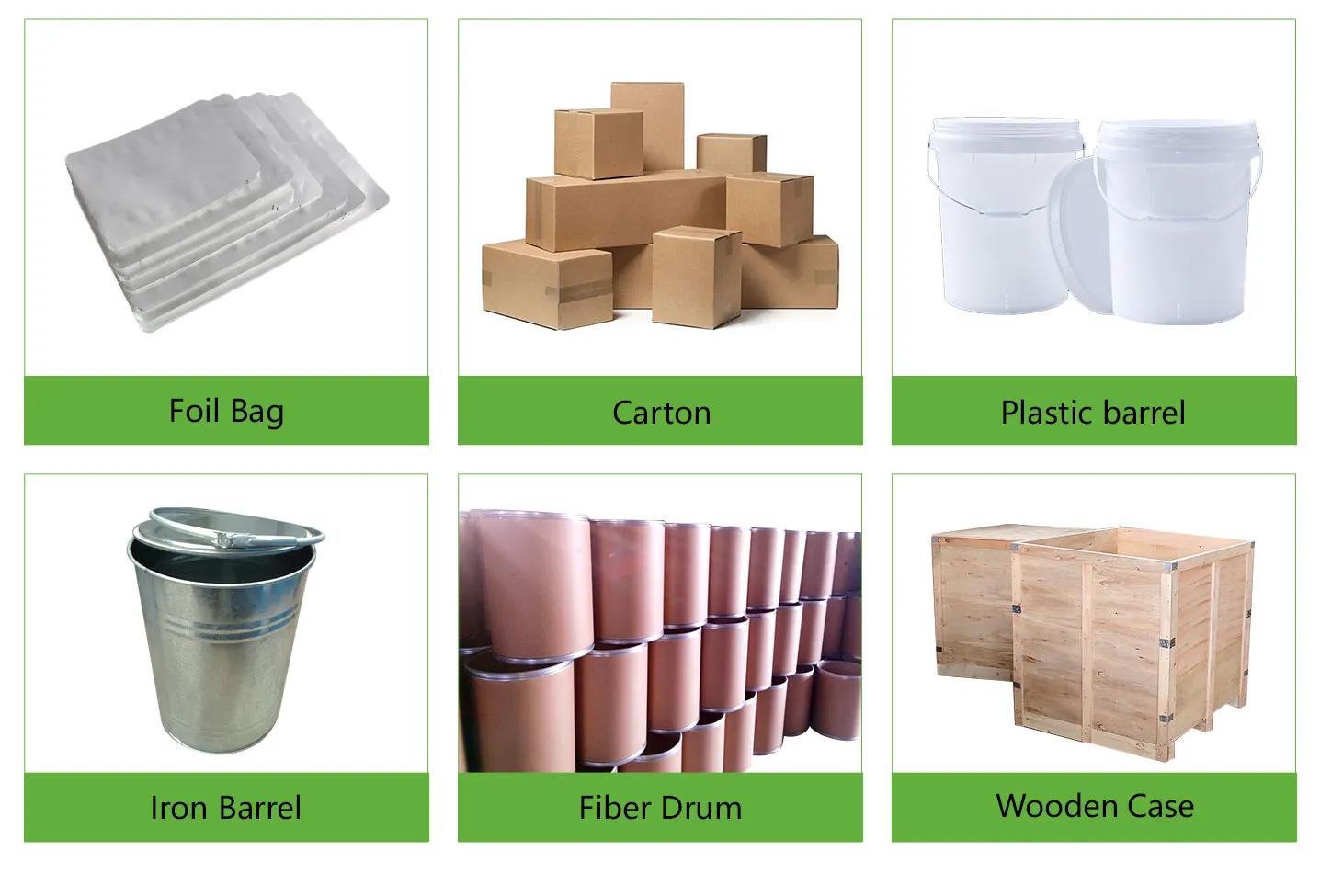Overview of carbide powder:
Carbide powders are binary compounds formed from carbon (except hydrogen) with less or similar electronegativity. Carbide has a higher melting point. Most carbides are carbon and metal at high temperatures. Got the next response. The nature of this element is divided into metal carbides and non-metal carbides.
Carbide has a high melting point, and most carbides are obtained by the reaction of carbon and metal at high temperatures.

Application of Carbide Powder:
Metal carbide powder is widely used as a representative hard material. Tungsten carbide-based cemented carbide has a history of more than 70 years and has been used in cemented carbide tools and wear-resistant tools. In addition, the improvement in its performance has also continuously expanded the needs of various applications.
Boron carbide is a black, shiny crystal that can be used to sharpen diamonds.
The uniquely high hardness and stability of carbides make them useful in the industrial production of alloys.
Company profile
Synthetic chemical has been dedicated to Carbide Powder for ten years and is a professional company with supply and marketing integration. The company has a professional technical department and quality supervision department, a well-equipped laboratory with advanced testing equipment, and an after-sales customer service center.

Storage conditions
1) Maintain a dry area at the temperature of room.
2) Avoid high and damp temperatures.
3) Utilize immediately following the opening of the bag inside.
Payment methods
L/C, T/T, Western Union, Paypal, Credit Card etc.
Shipment
By sea, by air, by express, as customers request.

FAQ:
Q1:
What is carbide powder?
Carbide powder is a compound composed of carbon and another element, and its chemical formula is generally expressed as MX or MxCy. Where M represents the metal element, X represents the carbon element, and Cx represents the number of carbon atoms in the carbide. Carbide powder is a complex and brittle substance with a high melting point, chemical stability, and corrosion resistance.
There are many ways to prepare carbide powder, including thermal decomposition, chemical vapor deposition, carbonization, reduction, and so on. Among them, the carbonization method is the most commonly used method, which is to mix metal oxides or salts with carbon black and react at high temperatures to produce carbides.
Q2:
What are the preparation methods of carbide powder?
Re:Carbothermal reduction method: This method uses the carbothermal reduction reaction between metal oxides and carbon to prepare carbide powder. The chemical equation can be summarized as MO+2C=MC+CO, where MO stands for metal oxide, and MC stands for carbide. The raw materials of the method can be metal oxides, carbon black, and aldehyde accelerators. The innovation of this method lies in the addition of aldehyde accelerators that can improve the reaction speed and conversion rate, and the prepared powder product is excellent.
Direct synthesis method: This method can change the particle size and type of the raw material after pretreatment (catalysis, nano-cutting) so that the raw material can reach the nanometer level. The treated elemental boron and carbon can be reacted under the following conditions: the powder with a particle size of 400nm can be obtained by vacuum pulse current; Under the condition of reducing atmosphere (such as hydrogen, carbon monoxide, etc.) at low temperature (800~900℃), the particle size of 100nm powder can be obtained; The powder with a particle size of 150~500nm can be obtained at 1950℃ under inert atmosphere (argon). In the selection of raw materials, boron raw materials usually choose amorphous boron powder, and carbon raw materials prefer graphite or high-purity carbon powder. The purity of the product is high, but it is not widely used in industrial production because of the slow diffusion of raw materials and expensive raw materials in the process.
Mechanical alloying method: The method mixes the metal powder with graphite or carbon black through high-energy ball milling and long-time ball milling so that the metal powder and graphite or carbon black complete contact and alloying reaction occurs to produce carbide powder.
Q3:
What is the use of carbide powder in industrial production?
Re:As an additive of cemented carbide, tungsten carbon-based cemented carbide grain refiner, etc., is widely used in mining, machining, and other aspects.
As a welding material additive made of welding rods, surfacing on the working surface of some mechanical equipment, such as coal mills, ball mills, jaw plates, etc., can improve the service life.
Thermal spraying materials as metal surface protection processes: A large number of thermal spraying materials are used as metal surface protection processes.
For battery manufacturing: Industrial toner can be used in the manufacture of batteries, one typical example of which is lithium-ion batteries. Because of its high surface area and good conductivity, industrial toner can be used as a positive electrode material in lithium-ion batteries to improve the performance and life of the battery.
For paint and ink manufacturing: Industrial toner can also be used in the production of paint and ink. In coatings and inks, toner can be used as a pigment, with high hiding power and coloring power.
Q4:
What is cemented carbide powder?
Re: Cemented carbide powder is a kind of powder material made of one or more metals or metal alloys by grinding, grading, or deformation. It has high hardness, wear resistance, and thermal strength. It is commonly used in the manufacture of cutting tools, metal forming tools, surface wear-resistant materials, and highly rigid structural components.
The main components of cemented carbide powder are tungsten carbide and titanium carbide, and it may also contain tantalum carbide, niobium carbide, and vanadium carbide. These powders are prepared by powder metallurgy to form an alloy with excellent properties.
In industrial applications, cemented carbide powder is commonly used to manufacture a variety of cemented carbide products, such as cutting tools, wear-resistant parts, and structural parts.
Q5:
What is the difference between carbide powder and ceramic powder?
Re:In terms of composition, carbide powder is a compound composed of carbon and a metallic element. In contrast, ceramic powder is mainly a compound composed of silicon, aluminum, titanium, zirconium, and other non-metallic elements.
There are a variety of preparation methods for carbide powder, including carbonization, reduction, and other high-temperature synthesis methods. In contrast, the preparation methods of ceramic powder usually include the solid phase method, liquid phase method, and gas phase method.
In addition, in the field of application, carbide powder is widely used in cutting tools, wear-resistant parts, and hard materials due to its hardness and wear-resistance characteristics. Ceramic powder is commonly used in ceramic products, refractory materials, ceramic matrix composite materials, and other fields because of its high melting point, high hardness, and good chemical stability.


